Marine Evening 8 August 2023
We invite you to join our next Marine Evening, where our newest team member, Dr Liezl Pretorius.
 Dyer Island Conservation Trust
Dyer Island Conservation Trust
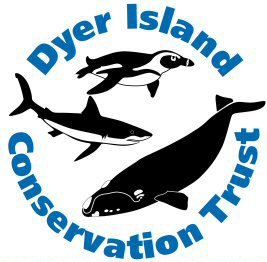
About
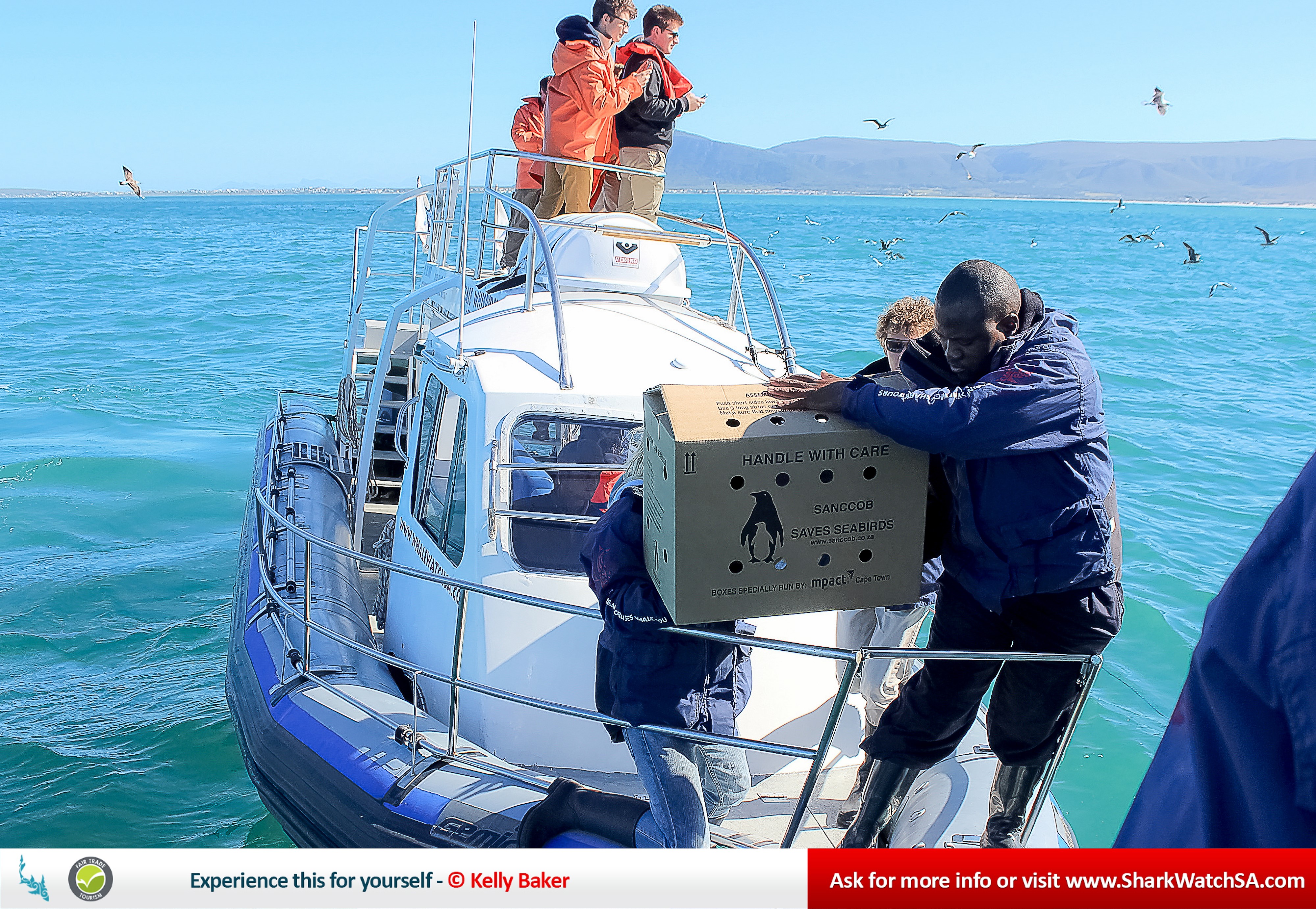
Close to the southernmost tip of Africa, Dyer Island and the surrounding ocean is a critically important ecosystem, and home to the Marine Big 5 (sharks, whales, dolphins, Cape fur seal, and the endangered African penguin).
Known as an Important Bird Area, and managed by CapeNature, Dyer Island is home to breeding colonies of the endangered African penguin and other seabirds. About 60,000 Cape fur seals are resident on Geyser Rock opposite the island, and they attract great white sharks that frequent the area. The many sheltered areas of the bay provide the breeding ground for southern right whales that migrate there from the sub-Antarctic islands between June and December each year. The area is also visited by Bryde’s and humpback whales as well as various dolphin species.
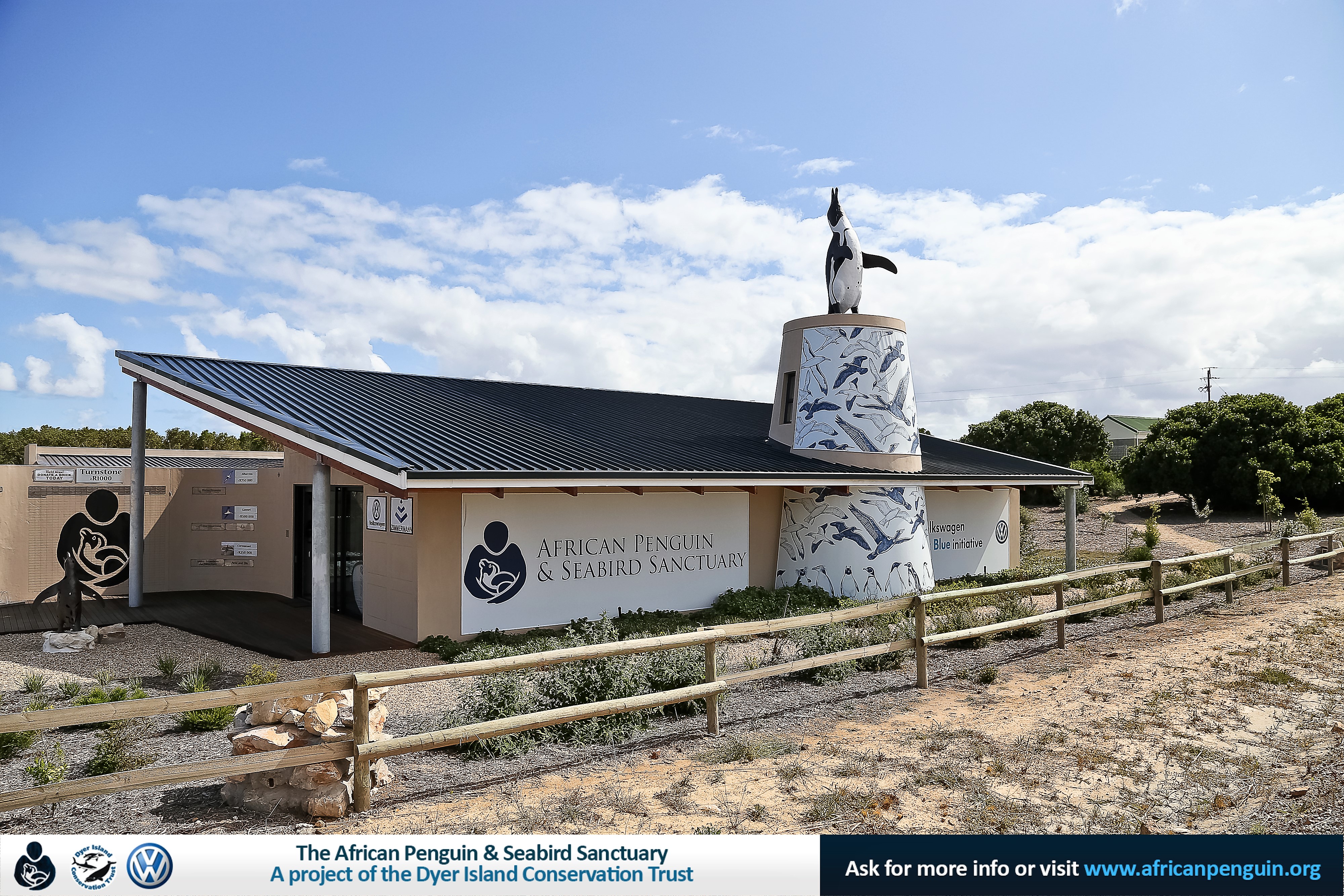
This marine environment has been the focus of the Dyer Island Conservation Trust, which was founded by conservationist Wilfred Chivell in 2006. The Dyer Island Conservation Trust aims to:
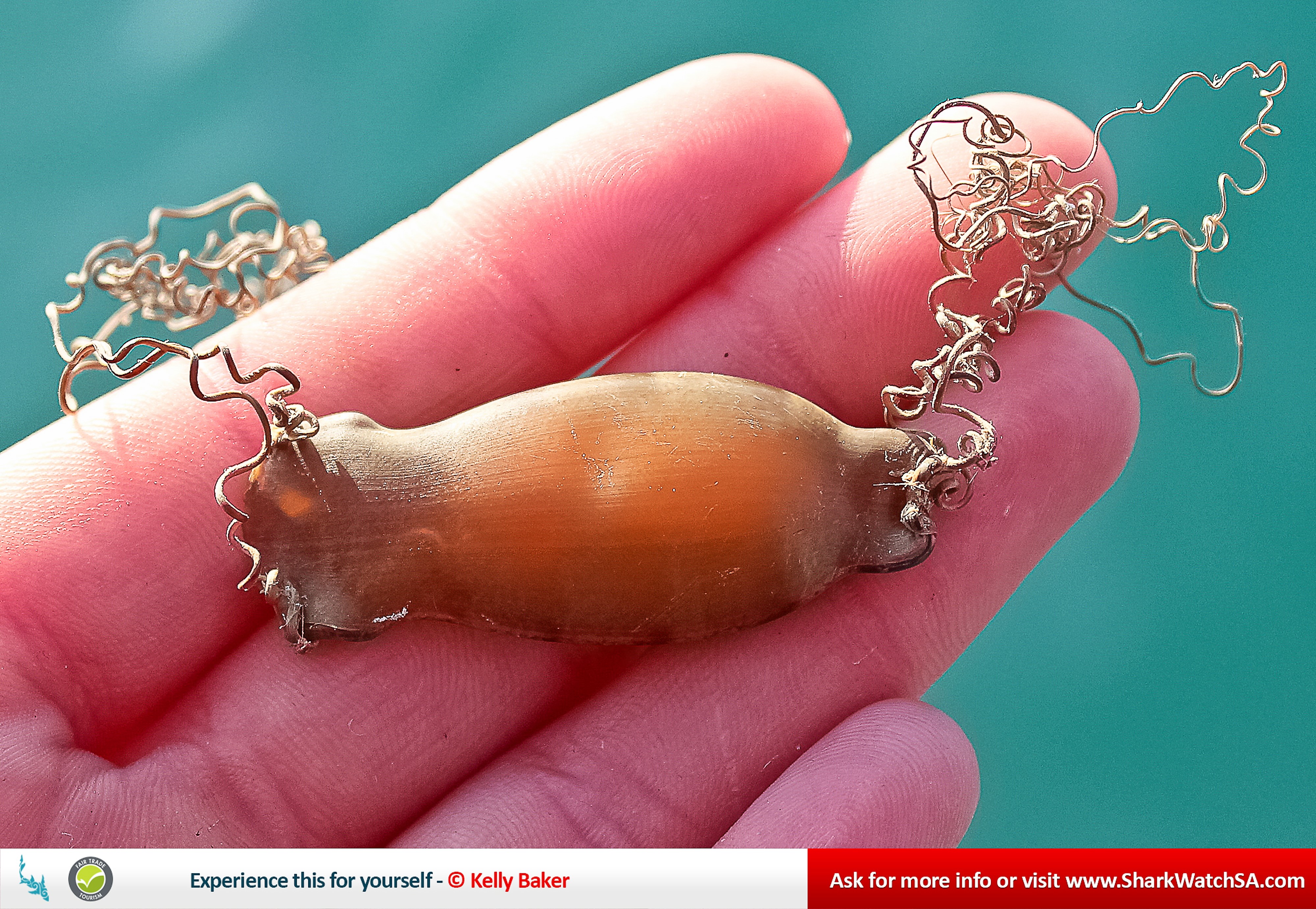
Together with eco-tourism partners Marine Dynamics Tours (a shark cage diving company operational since 2005) and Dyer Island Cruises (a whale watching company operational since 2000), the Trust conducts valuable research, conservation and education programmes. Both companies hold Fair Trade Tourism certification and employ marine biologists whose research is supported under the Dyer Island Conservation Trust.
For more information, see here:
www.dict.org.za
DICT 10 Year Report / DICT 2017-2019 Report
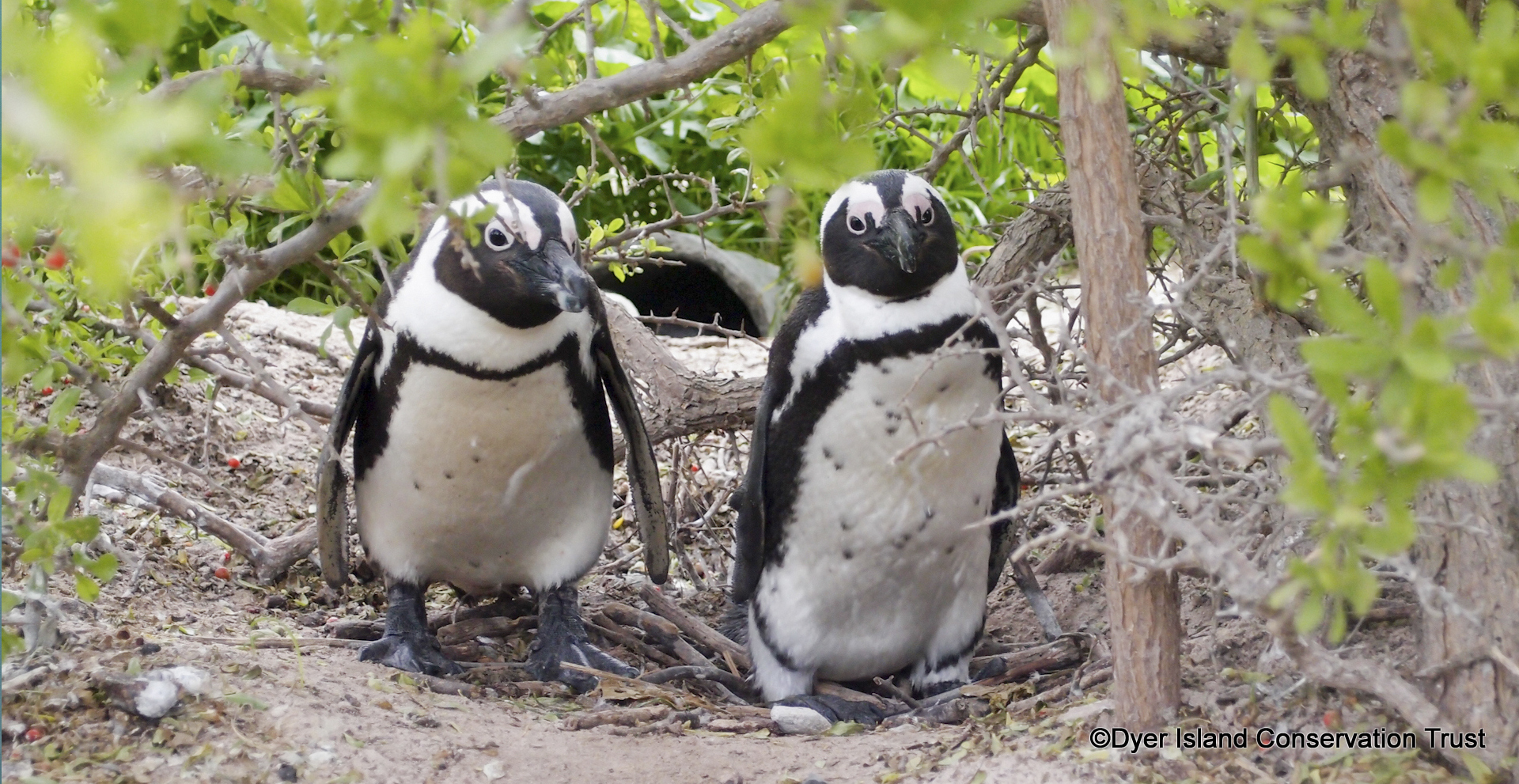
African Penguin and Seabird Sanctuary, a Dyer Island Conservation Trust initiative, is a world-class marine bird rehabilitation centre based in Kleinbaai in the Overstrand.
The sanctuary provides temporary care to abandoned, injured, diseased and oiled marine birds, with a special focus on the endangered African Penguin. By hosting tourists and school groups, the sanctuary educates visitors about African penguins and other vulnerable seabirds.
Read more about the African Penguin and Seabird Sanctuary, here.
The African Penguin Nest Project, a Dyer Island Conservation Trust initiative, has been providing the endangered African penguin with specially built nests to help them survive their fledgling stage since 2006.
South Africa’s endemic penguin species used to burrow into their mass deposits of guano, but sadly, these deposits have been stripped by humans and used for agricultural fertiliser. A new model home in consultation with scientists and penguin colony managers has been developed and continues to be rolled out in African penguin colonies.
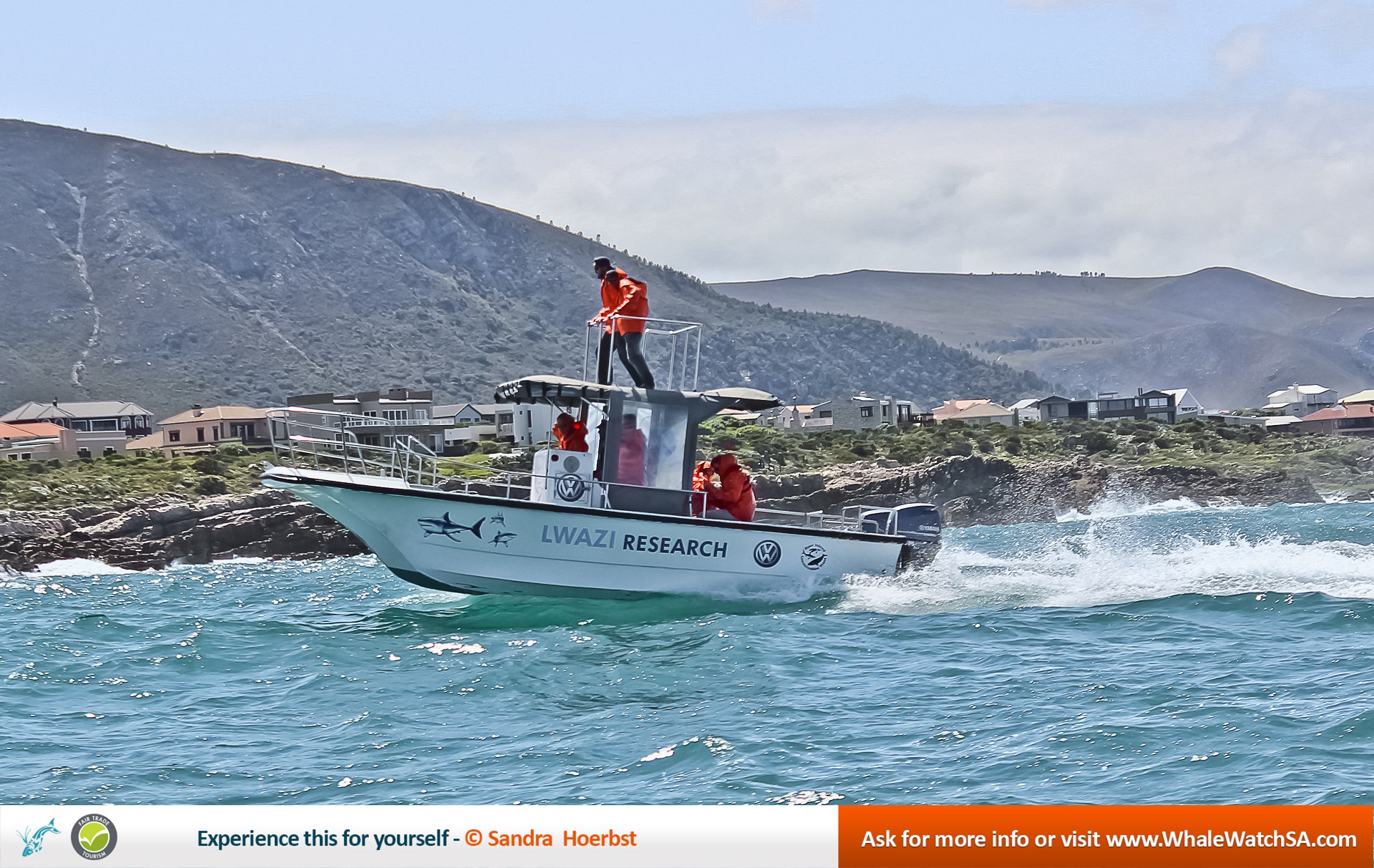
The seas around Dyer Island have one of the densest populations of great white sharks in the world. This has created the perfect opportunity for Dyer Island Conservation Trust’s marine biologists to conduct invaluable research from their dedicated research vessel, Lwazi. Lwazi is a Xhosa word that translates into English as ‘seeking knowledge’.
With sightings all year round, research activities include:
Besides regular beach clean-ups, Dyer Island Conservation Trust has two key projects that address critical problems in the marine environment:
The trust has installed strategically placed bins for fishermen and beach walkers with the aim to reduce the severe environmental damage caused by discarded fishing lines on the coastline.
The trust has implemented storm drain catchment nets aimed at minimising waste from reaching the ocean. This project works in partnership with the Overstrand Municipality and Marine Dynamics.
Dyer Island Conservation Trust’s Environmental Education Programme, known as DEEP, works together with dedicated groups of young learners.
The programme monitors and evaluates the impact and growth of each individual learner over a three-year period with the aim is to expose them to the field of science and conservation and serve as a forerunner for future skills training. Besides this, thousands more people are reached with the marine conservation messages of the team.
Marine Dynamics and the Dyer Island Conservation Trust are the first port of call for marine animal rescues in the Overstrand area and form part of the Stranding Network.
The African Penguin and Seabird Sanctuary Rescue Line can be notified about any marine animal strandings and they will pass on information to the network.
Contact details: 0725987117 or 0829075607 (alternative number)